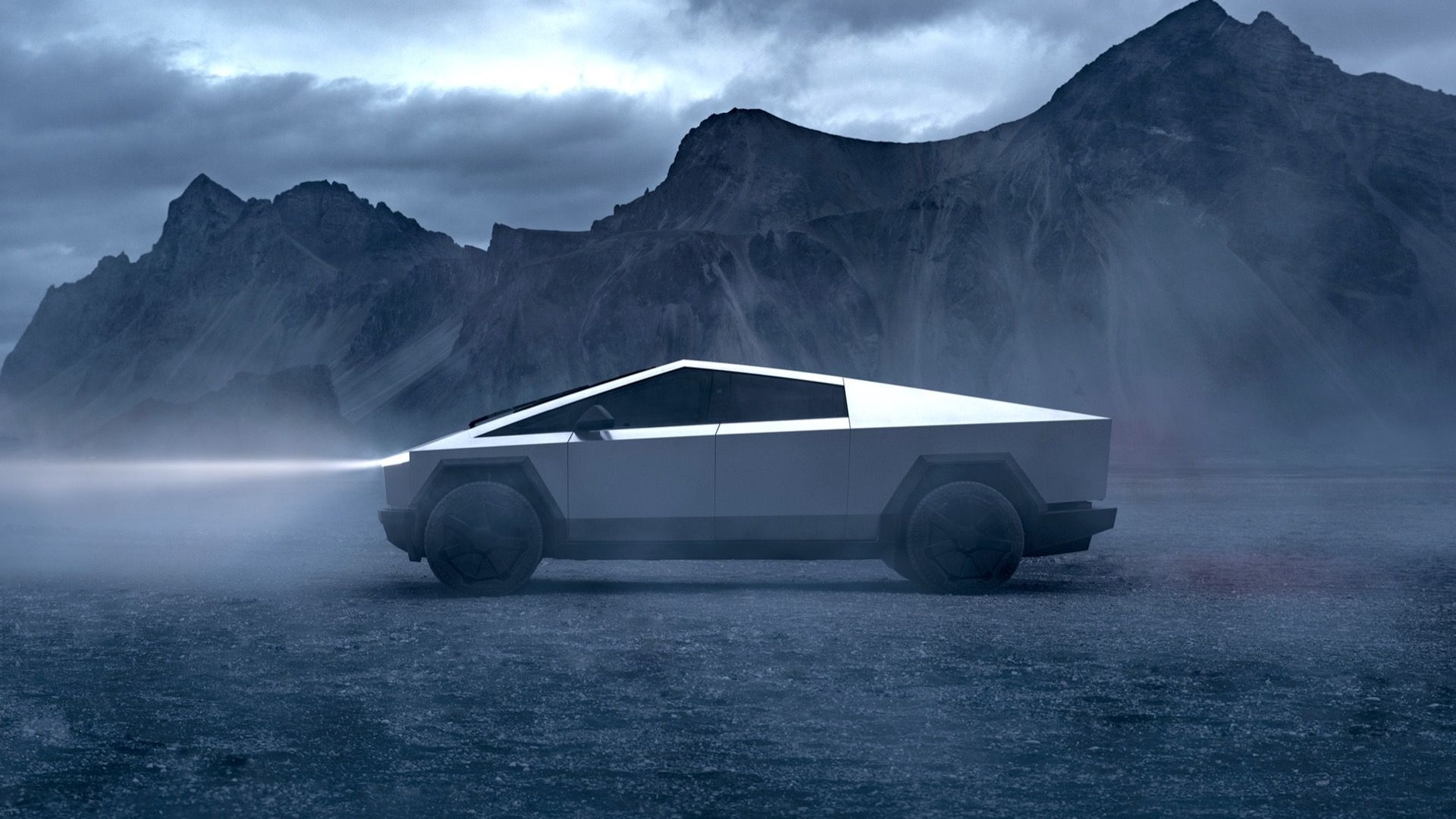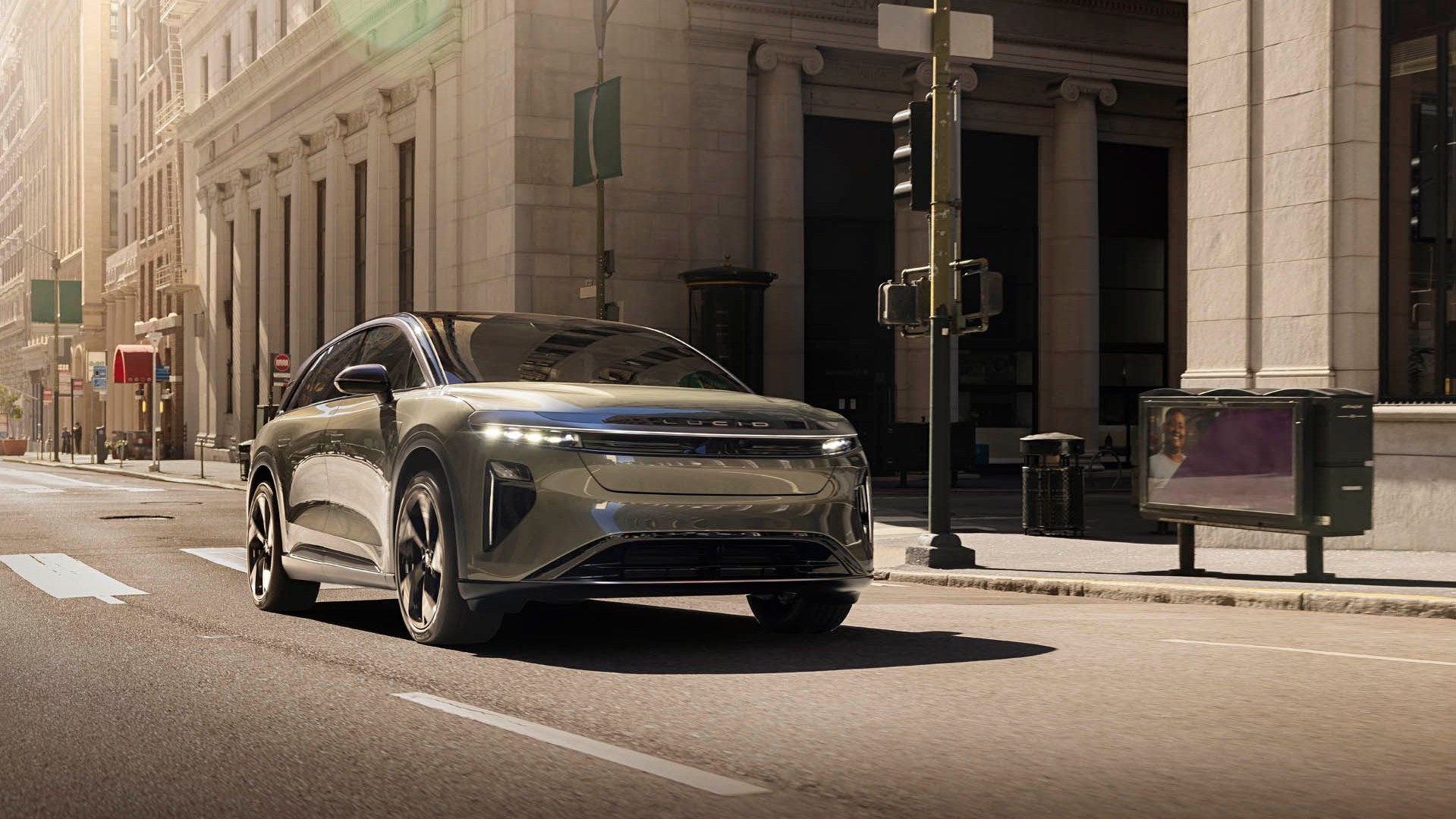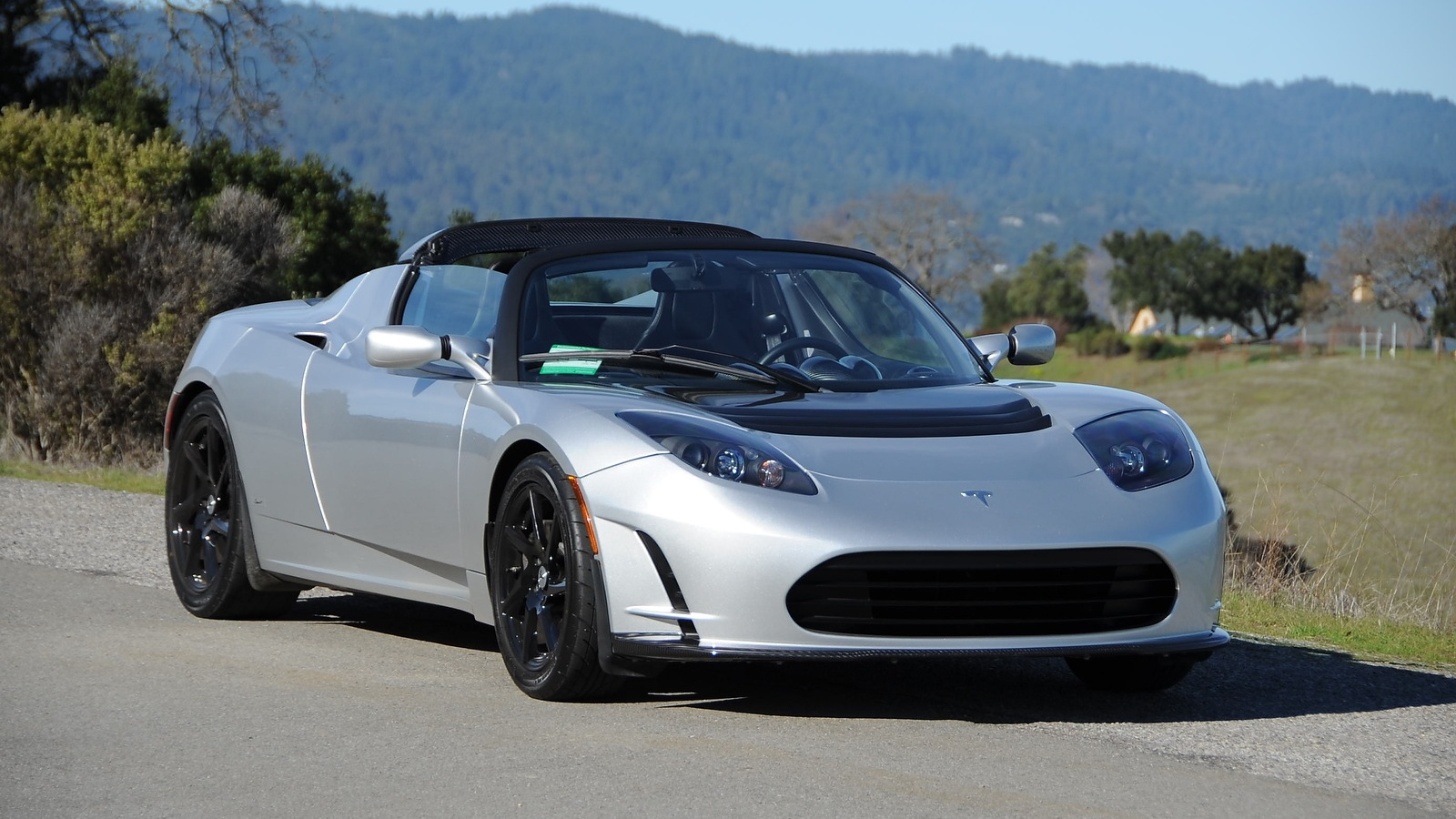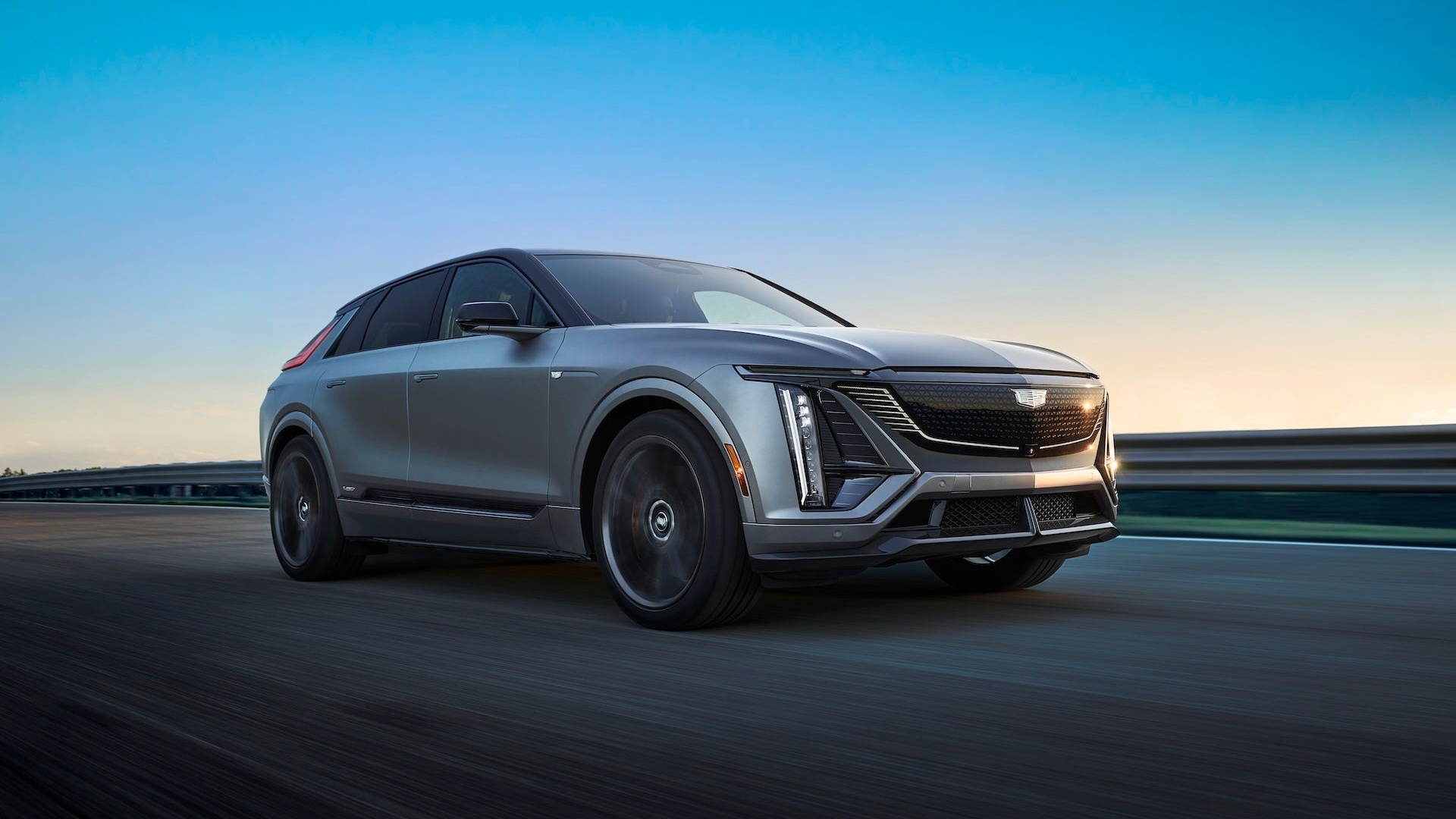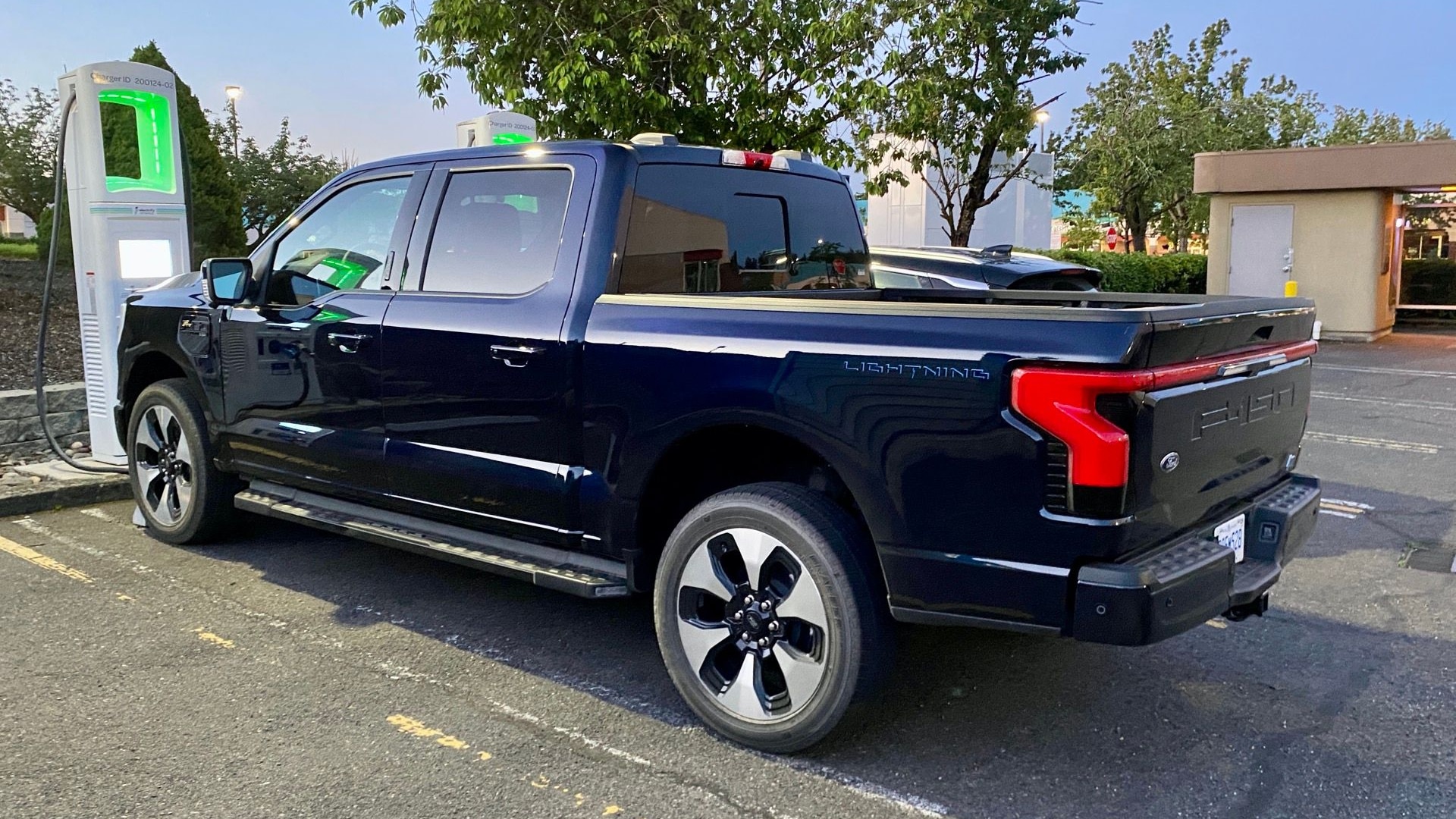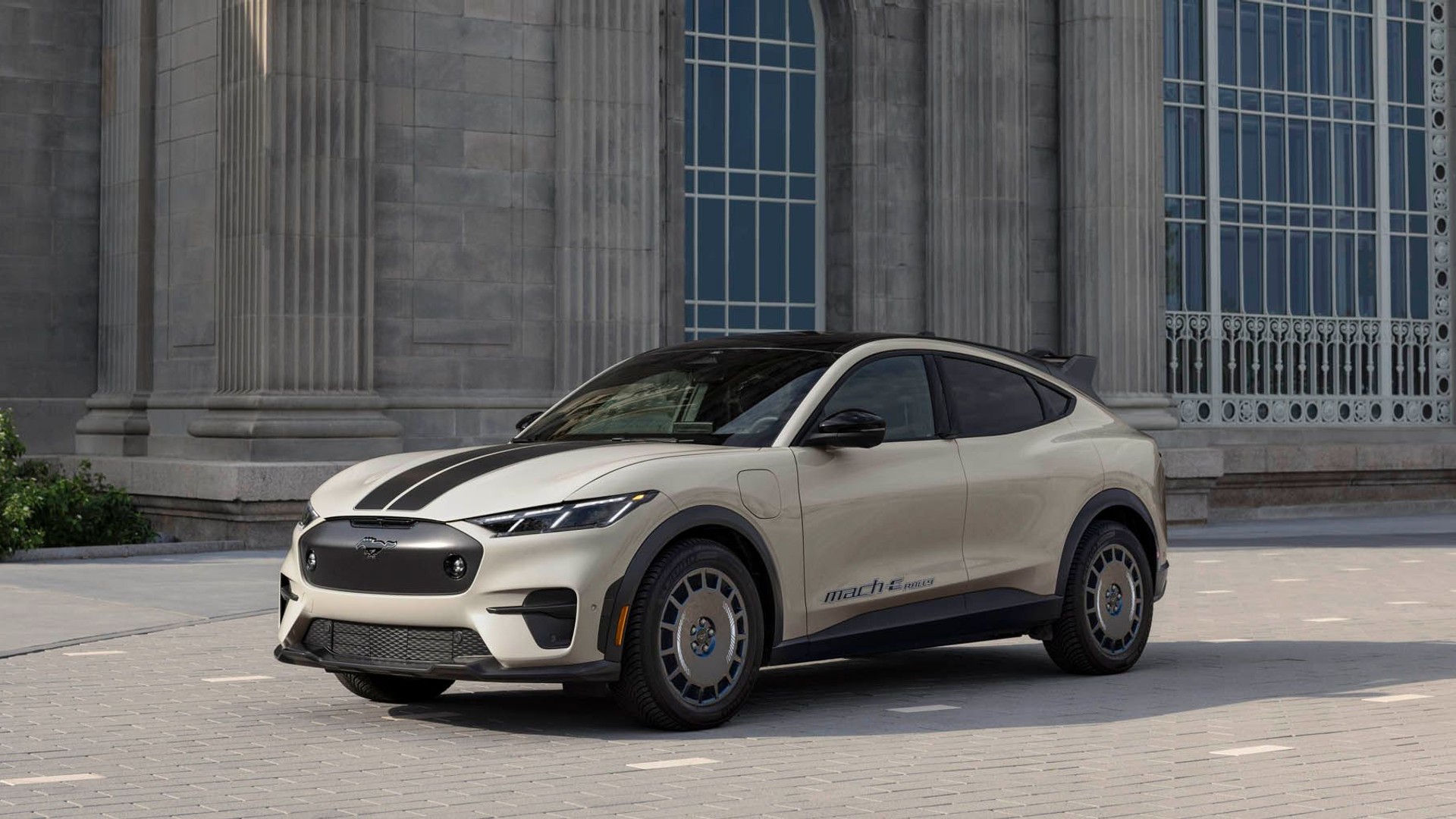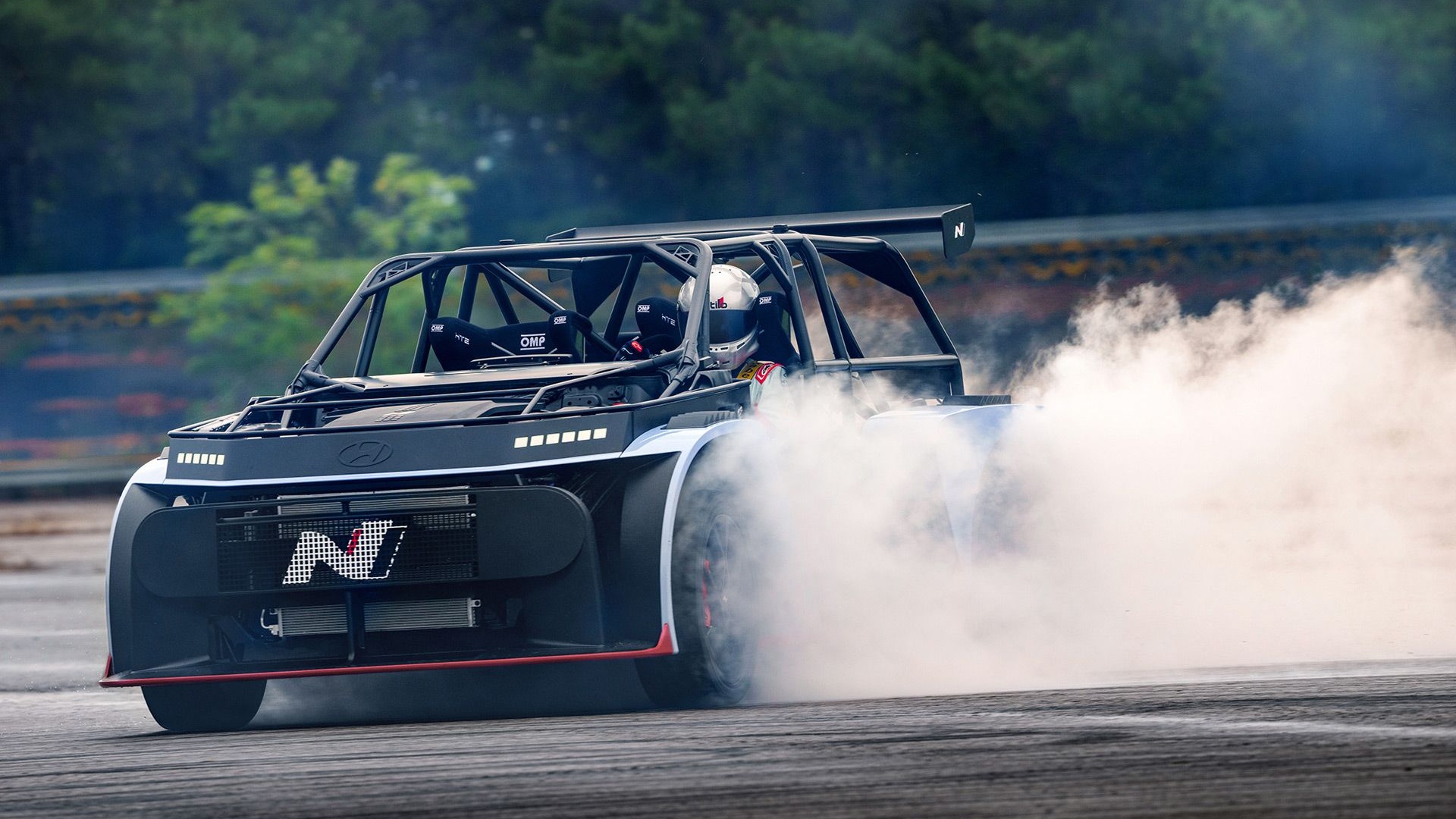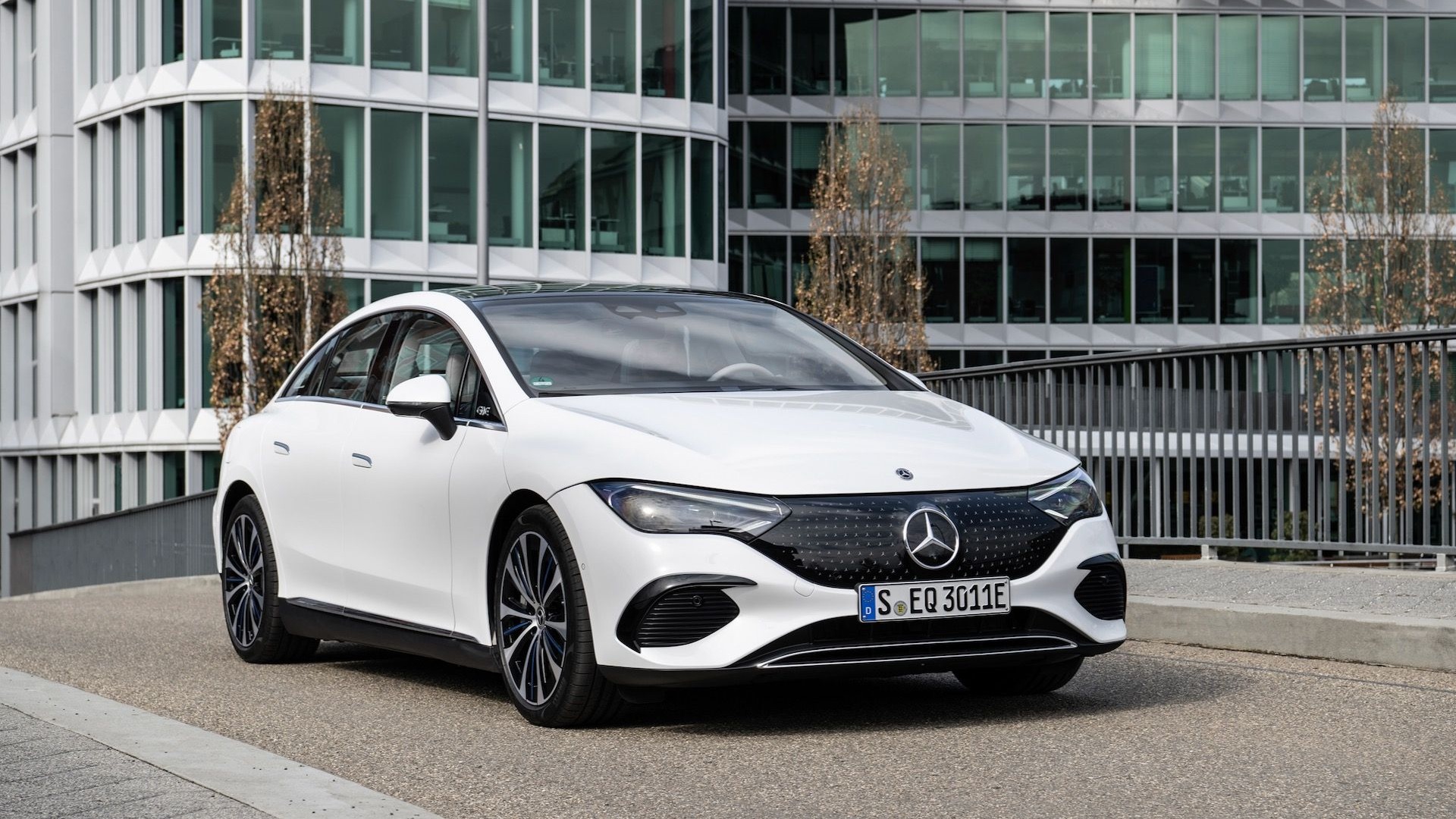As many automakers begin to roll out dedicated EV platforms—ones not designed to accommodate internal-combustion powertrains—BMW is taking its time.
The automaker won't have such a platform until 2025, and that's because it's not completely sold on dedicated EVs, BMW CEO Oliver Zipse said in a recent interview with Reuters.
"If you look at what’s happening in the market with these platforms, the cars all look alike,” Zipse said. “BMW serves very specific, high-paying customers, I think they don’t want cars who all look alike.”
Zipse noted that BMW's product portfolio spans everything from Mini to Rolls-Royce, and argued that "you cannot put that on one single platform."
BMW plans to launch a dozen all-electric models by 2023. That kicked off with electric versions of existing models, including the Mini Cooper SE hatchback and BMW iX3 crossover. The China-built iX3 isn't coming to the United States—likely because of a combination of tariff concerns and because it was too compromised on range.
Critics have said that BMW won't be able to get the same kind of interior space or driving range from EVs built on shared platforms—including both the iX crossover and i4 sedan. Both are anticipated to offer around 300 miles of range in their top versions, though.

2022 BMW iX xDrive50 (Euro spec)
BMW was one of the first out of the gate with a dedicated EV, though, and a radical one at that. Based on a unique architecture making extensive use of carbon fiber-reinforced plastic, the BMW i3 passed 200,000 sales last year.
However, use of that material made i3 body shells expensive to build, and the car itself was likely too quirky, and with too little range, for mainstream success. Since taking over as CEO, Zipse has steered BMW in the opposite direction, emphasizing commonality between EVs, plug-in hybrids, and internal-combustion cars.

2022 BMW iX xDrive50 (Euro spec)
BMW told Green Car Reports in 2018 that it didn't need a dedicated EV platform, and would instead use two modular platform toolkits that could underpin the whole range of powertrains.
The automaker does plan to roll out a dedicated EV platform in 2025, named Neue Klasse (German for "New Class"), in reference to the family of models that saved the company in the 1960s, and largely created BMW's modern identity.
BMW expects electric cars to make up half its global sales by 2030, but so far it's not putting an expiration date on internal-combustion engines, indicating that it will continue to develop them.



